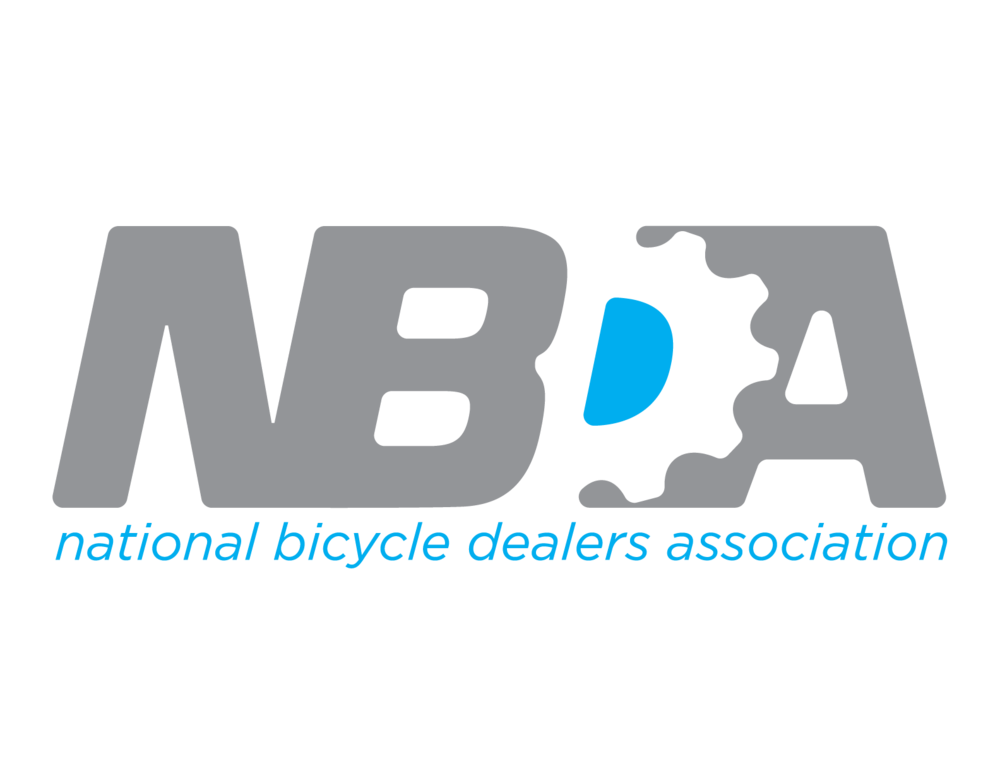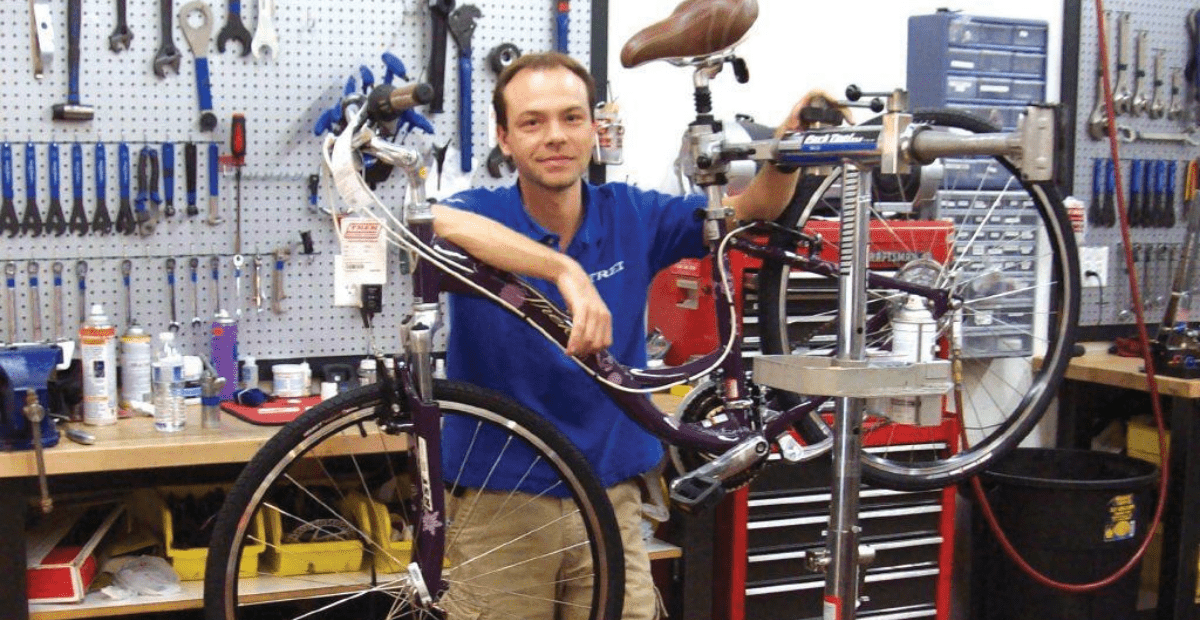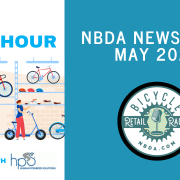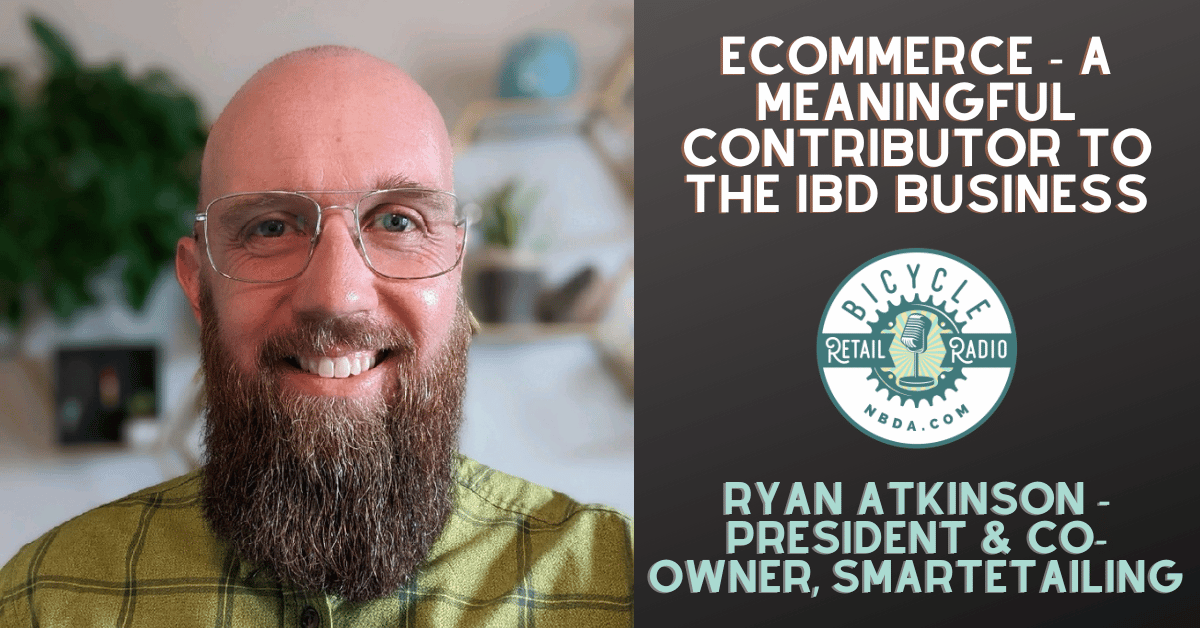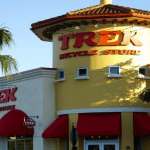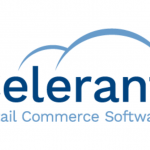One Retailer’s Post-Recession Success: Part Two
Joe Du Bois, the owner of nine Trek Stores in South West Florida, takes us through some great topics. Namely, your top two expenses, payroll and rent, and then onto what he feels is perhaps the most critical determinant of success in his business. Part one can be found here.
Expenses – Retailer’s Post-Recession Success
Joe’s highest costs are payroll and rent, and that is no different from any retailer. When it comes to renting, Joe likes to see sales in the $400 per square foot range. Joe has great input and stated that he wanted to “go uncomfortably small” if possible. Coming originally from New Jersey and the North East where space is expensive. He knows that $2M in sales can happen in just 3000 square feet, and while that’s not ideal and can be a burden on employees and a general headache from a severe lack of space, it’s entirely possible. The bottom line on rent and location is not to be fooled into thinking only A+ locations will work for you, and that you need to be bigger than necessary. Joe recently negotiated three of his companies’ leases, saved several hundred thousand dollars, and reduced the footprint of one store. If you are leasing space, be like Joe! Negotiate, don’t go too big, and don’t worry about the location is perfect.
Payroll is typically the most significant expense retailers have to contend with. While it may be accessible on paper to come in at about 20% of gross sales, it is not always easy in reality. Florida’s bicycle business is seasonal as it is in many other areas; it just is flipped from most retailers in the Snowbelt. Seasonality is severe when you get into a situation with too many full-time employees, and to combat that Joe likes to utilize as much part-time help as possible. Joe has reduced payroll from a high of about 23-24% down to 20%. It is always a balancing act with long-tenured employees and ever-increasing wages, coupled with the challenges of finding and training part-timers each year. Complacency in your payroll numbers will cost you big dollars, so stay on top of it. Joe stresses that you must “manage on results” and not bring emotion into it. When you keep an underperforming employee around, they are a drain on the organization, and it is not fair to those giving 110%. While we won’t go into specifics, Joe pays his employees well and rewards those who perform.
Sales Organization – Retailer’s Post-Recession Success
Throughout my conversation with Joe, he repeatedly came back around to stating he was running a sales organization. This Joe believes it is the critical component to his success, merely understanding the importance of sales. Employees must think of the customer’s wallet and not their own when selling. When an employee begins to realize that “sales is everything,” it has an impact on them at the gut level. It can initially be tricky for some employees to balance learning and using sales scripts and specific tactics with balancing that “cool bike shop feel,” but it is worth it in the end. Joe explained that employees are held accountable for continuing to utilize the sales training they provide, and they train daily. I asked Joe what he was using as I wasn’t familiar with anything so extensive in the bicycle industry, and they went outside the industry to Cardone University sales training. Joe stated that there is nothing at that level in our industry. It can be a bit different initially to get beyond the messenger, meaning the delivery can be more intense than we are used to, but the message and training are fantastic. While not inexpensive, Joe would not think twice about recommending it as he has seen a 20% increase in sales he can attribute to the training. Yes, you read that right – 20%!
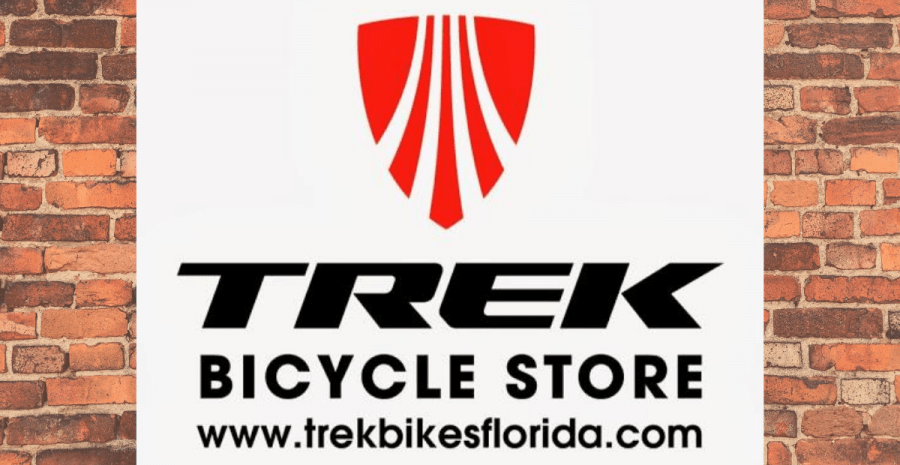
Joe has taken his business in about 13 years from one store, quickly entering into the recession with two and struggling hard, to a vibrant nine store operation. Acute attention to details on expenses, managing and analyzing inventory to a very high level, and finally bringing it all together by stressing the importance of actively engaging in and closing sales through intense sales training that employees are held accountable for.
My last question for Joe was whether he could scale his operations down to a typical, average, single location operation doing about 1m in annual sales. This is where the average retailer operates, and Joe acknowledged that some of the training was expensive. However, he still felt strongly that everything his massive 9 store operation does to be successful could be applied. This is the take away for me, and I hope others reading this, is that regardless of the size of your business, the basics are the same – stay lean, manage expenses, and work hard to sell your products. Success is always worth the effort!
Summary – Retailer’s Post-Recession Success
The main takeaways from the two articles highlighting the initial struggles and subsequent successes that Joe Du Bois and his team have enjoyed are relatively easy to distill. They are yet another example of what successful retailers most likely know, and where those struggling are underperforming.
- Cash flow is king. Your inventory is where your cash gets tied up, so stay as lean as possible. More turns are better. Learn as much as you can about this topic and go deep into analyzing what categories are delivering results.
- Expenses are ruled by your two biggest payroll and rent. Make mistakes here, and you will either not be as profitable as possible or simply be out of business. Think outside the box, and don’t feel you need the biggest or most expensive space. Payroll requires constant work as an expense, and there are ways to support the high achievers in your business while not allowing those who are a drain to remain.
- It’s all about sales. If you aren’t promoting a culture of sales, you will not achieve the possible successes. Your business is quite simple in that you are a sales organization.
Finally, I hope you have enjoyed learning more about Joe’s business and finding this information of value in increasing your own business’ profits.
Words by David DeKeyser
 David DeKeyser and his wife Rebecca Cleveland owned and operated The Bike Hub in De Pere, Wisconsin, for nearly 18 years. In 2018, they sold the business and real estate to another retailer based in a nearby community. David now writes the Positive Spin series on Bicycle Retailer and Industry News and he writes articles for the NBDA’s blog, Outspokin’. David also provides business consulting through the NBDA’s P2 Consult Program.
David DeKeyser and his wife Rebecca Cleveland owned and operated The Bike Hub in De Pere, Wisconsin, for nearly 18 years. In 2018, they sold the business and real estate to another retailer based in a nearby community. David now writes the Positive Spin series on Bicycle Retailer and Industry News and he writes articles for the NBDA’s blog, Outspokin’. David also provides business consulting through the NBDA’s P2 Consult Program.
 The NBDA has been here since 1946, representing and empowering specialty bicycle dealers in the United States through education, communications, research, advocacy, member discount programs, and promotional opportunities. As shops are facing never-before-seen circumstances, these resources offer a lifeline. Together, we will weather this. We at the NBDA will not waver in our commitment to serving our members even during this challenging time—but we need your support.
The NBDA has been here since 1946, representing and empowering specialty bicycle dealers in the United States through education, communications, research, advocacy, member discount programs, and promotional opportunities. As shops are facing never-before-seen circumstances, these resources offer a lifeline. Together, we will weather this. We at the NBDA will not waver in our commitment to serving our members even during this challenging time—but we need your support.
Now is the time to become a member as we join together to make one another stronger. Whether you’re a retailer or an industry partner, your membership in the NBDA is one of the best investments you’ll make this year.
Learn more about the benefits of being a member and join now.
